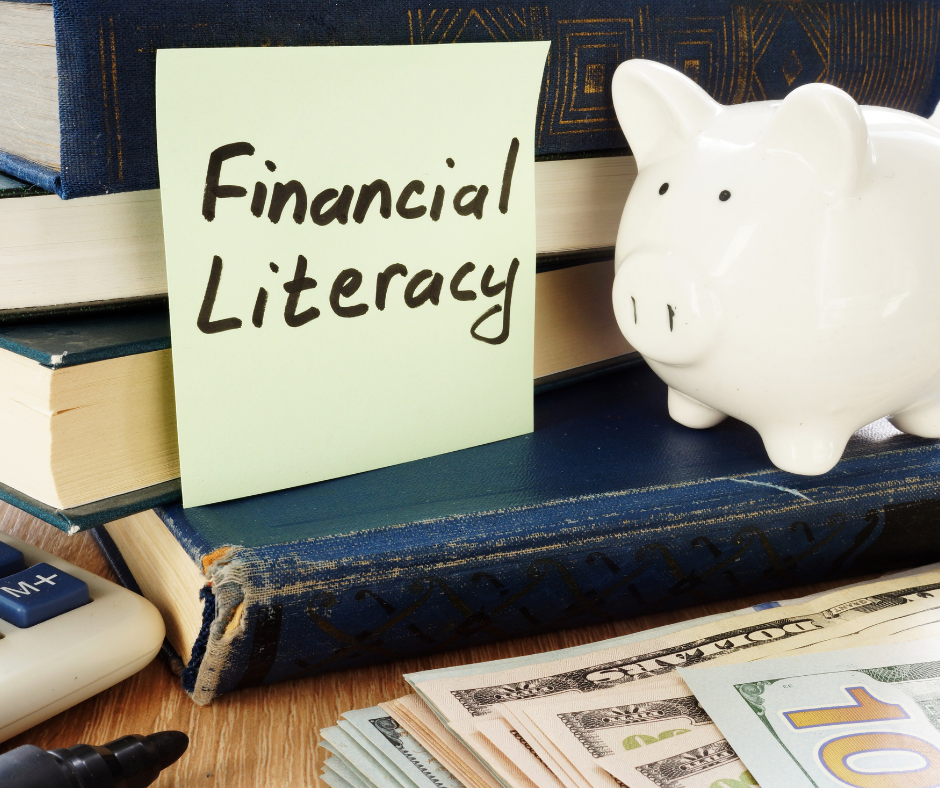
The Importance of Financial Literacy
Financial literacy affects many areas of life, including saving and investing. It can also have a big impact on how you manage your debt and borrow money. More financially literate individuals are more likely to accumulate wealth, and they are more confident with their decisions and investments. People with a high financial literacy score have better retirement planning and are better able to do the math. However, even if you are financially literate, you may still face some challenges.
While mortgage debt accounts for almost $9 trillion of total consumer debt in the United States, auto loans, credit cards, and student loans weigh heavily on the American consumer. According to the Federal Reserve Bank of New York, about 40% of Americans spend up to half of their income on debt. As you can see, financial literacy focuses on understanding the money and time spent paying off debt, and how to manage these payments and avoid being in debt. By understanding the basics of finances, you can be more prepared for obstacles that come along the way.
Financial literacy includes knowing where to turn for help when you need it. Whether you’re looking to make a mortgage payment, invest, or save for a rainy day, you’ll be much more financially literate if you know where to go. By understanding how your finances work and how to save for them, you can create a secure future and enjoy living without worry. You’ll be able to build a good nest egg and give generously to those you care about.
The importance of financial literacy cannot be stressed enough. It helps consumers avoid debt and save for the future. In fact, over thirty percent of Americans are worried about daily expenses. By understanding how the market works, consumers can save money for important things, such as a home or a child’s education. A good financial literacy program will educate you on how to manage your finances and make the best decisions possible. It’s a good investment.
In addition to saving money for the future, financial literacy will help consumers prepare for emergencies and other unexpected expenses. For example, the ability to save for a rainy day is a sign of financial literacy. If you are able to do so, you’ll be more likely to save for something important. Having a healthy savings account will help you make a plan to meet these goals. There are also other benefits of financial literacy. You’ll be more confident and more comfortable with your finances.
Financial literacy is crucial to achieving your goals. Most people need to save money for important things, such as a home. This can be difficult, but it’s possible if you know how to save. With financial literacy, consumers can save money for the things they want and need. A better understanding of how to manage their finances will improve their financial security. Then, they can invest and earn more, which will increase their income.

